Ecocide and the Human Predicament
Given the absence of any discussion about an ecological crisis in the presidential campaigns one might be forgiven for forgetting that there might be such a thing. However, in the background and periphery of our awareness, every environmental indicator is worsening at an accelerating rate. This month, we will review those specific markers that will directly impact humanity, not because they are necessarily the most important at the planetary scale, but because we are human-centric. We are most concerned about ourselves, our loved ones and our children, even sometimes, and when we’re at our best—all humanity. The loss of forests and other species, the shifts in climate, the desertification of land and oceans, although perhaps eliciting a moment of genuine sadness, hardly gets our adrenaline pumping. Famine and societal collapse do, however. This is part of the human predicament, the place in which we now find ourselves, where we have to change our living paradigm to survive, but to change means to perhaps abandon all that we have known and want. I must reiterate the mission of this series: Our intention is not to paralyze, but to inspire with hope and action. Our assumption is that right action is based on right awareness.
PRODUCER: Carleton Schade
For nearly a decade now I have been researching the many facets of the ecological crisis and the human predicament. In 2010, I co-authored a paper with Dr. Pimentel of Cornell University in the journal Environment, Development and Sustainability, entitled Population Crash: Prospects for Famine in the Twenty-First Century (find attached). This will serve as the second chapter of a book entitled Dieback: the Science and Soul of the Coming Collapse. I hope to complete this project sometime next year, as there are numerous other pursuits that are calling.
